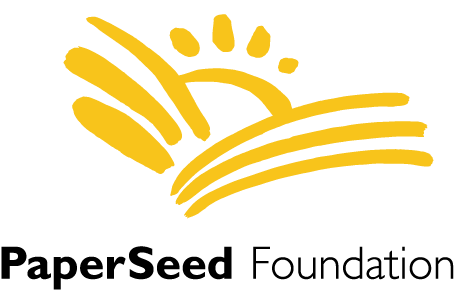It Is Not Enough to Speak for Those Who Cannot
/MALALA YOUSAFZAI’S BIRTHDAY IS JULY 12TH.
Malala Yousafzai’s birthday was this month, and we spent the day reflecting on how inspirational Malala has been to us, our work, and the world at large. Malala’s story is extraordinary, and the girl herself is nothing short of a modern-day legend. The thing is, it isn’t enough for the world to have one girl like Malala. In fact, Malala herself speaks quite a bit about the importance of raising one’s voice, and how much change one empowered person can make. Malala is exceptional, but she is not enough. We need to provide the opportunity for others like Malala to be heard as well.
It is in that spirit that we have been working with the Creative Action Institute to bring the East African Girls Leadership Summit to Nairobi each fall. The summit began as an annual conference for low-income, high potential girls from Kenya, Rwanda, Tanzania, and Uganda to come together and learn how to effectively advocate for themselves and their peers in their own communities. As it expanded, we began providing funding for “Creative Action Mini Grants”—small sums of money specifically designated for summit attendees to apply for and use to fuel their work once they have returned home from the summit.
SARAH SHARES WHAT SHE REALLY WANTS AT EAGLS 2018
We recently received a story about one of our mini grant recipients, Sarah. Sarah is currently studying biology at University of Dodoma and, with support from a PaperSeed mini grant, has launched a project using the skills she learned at the 2018 East African Girls Leadership Summit (EAGLS).
The project, called Tabasamu la Binti, is aimed at supporting and training 360 girls (both in and out of school) the value of education. Sarah also educates her participants about their rights, issues of gender-based violence, independence, and other relevant gender issues.
“The EAGLS program was very important to me. It gave me confidence and allowed me to conduct Tabasamu la Binti activities successfully. It also enabled me to cooperate and coordinate well with my team during the whole time of the project through the team building skills.”
Sarah’s dream is for Tabasamu la Binto to reach many other girls in her community, especially those in interior, marginalized, and remote areas where there are critical problems and challenges affecting girls. Sarah is also active in her university and has used her leadership skills to advocate for the establishment of a Gender Desk—a service which will address all gender-related issues at the school. Of the project, she says, “It will be the first, and I am proud to be part of the process.”



